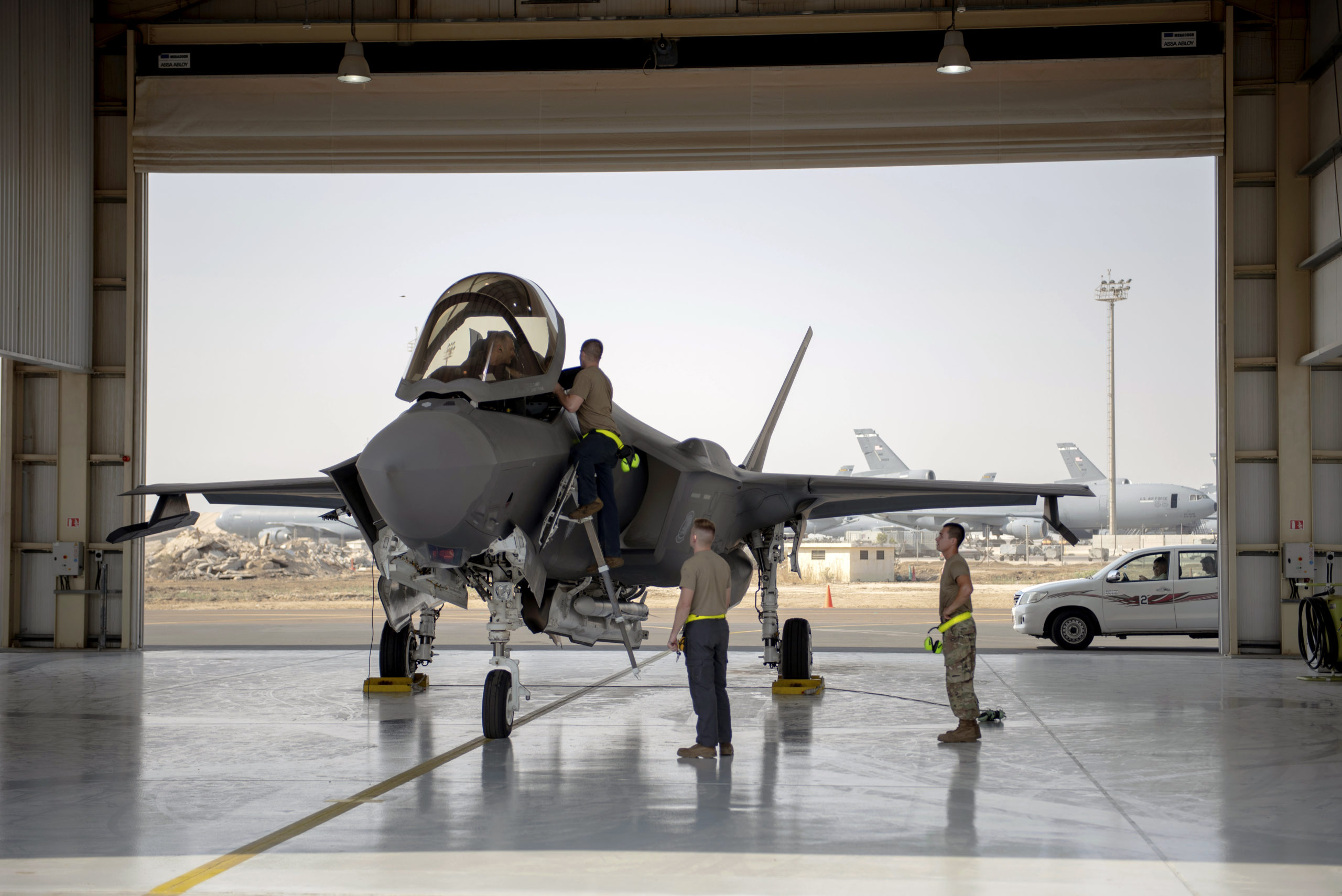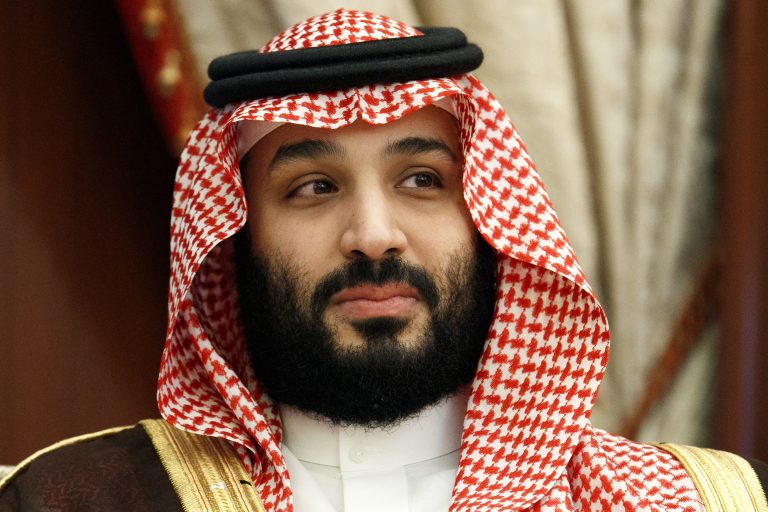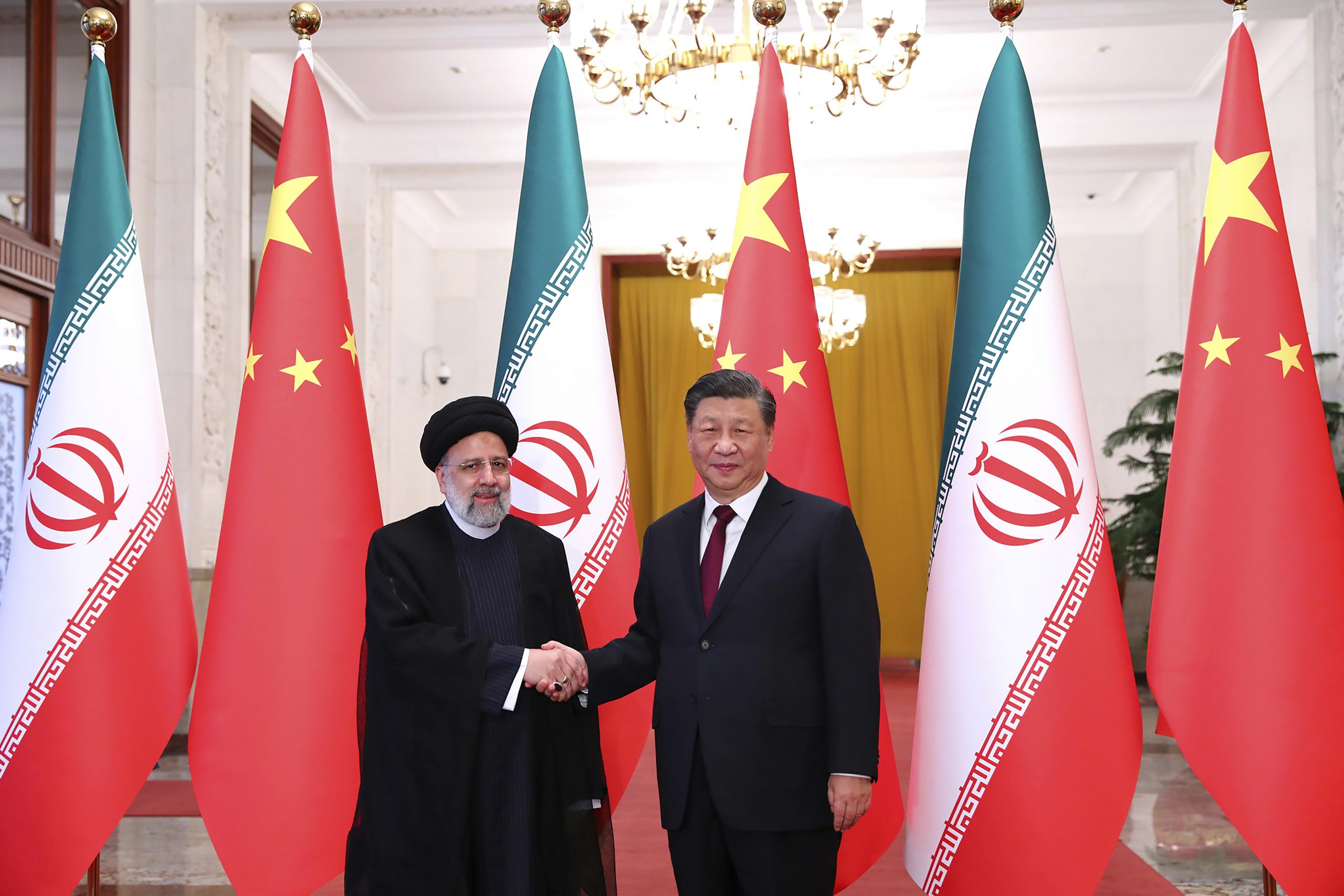IntelBrief: U.S. Engages Controversial Leaders to Stabilize Global Oil Market - The Soufan Center
Western sanctions imposed on Russia for its invasion of Ukraine have caused global oil prices to spike as high as $130 per barrel recently, driving U.S. gasoline prices above $4 per gallon. U.S. officials agree that energy sanctions are necessary to compel Russian President Vladimir Putin to end military operations in Ukraine| The Soufan Center




